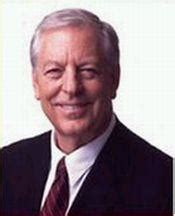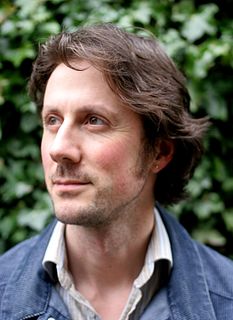A Quote by Rachel Hartman
And I realized a wondrous truth: that knowledge could be our treasure, that there were things humankind knew that we did not, that our conquest need not comprise taking and killing, but could consist of our mutual conquest of ignorance and distrust.
Related Quotes
We have heard of a Society for the Diffusion of Useful Knowledge. It is said that knowledge is power, and the like. Methinks there is equal need of a Society for the Diffusion of Useful Ignorance, what we will call Beautiful Knowledge, a knowledge useful in a higher sense: for what is most of our boasted so-called knowledge but a conceit that we know something, which robs us of the advantage of our actual ignorance? What we call knowledge is often our positive ignorance; ignorance our negative knowledge.
This notion that man can, and should, have absolute dominion over the "chaotic" powers of nature and woman...is what ultimately lies behind man's famous "conquest of nature" - a conquest that is today puncturing holes in the earth's ozone layer, destroying our forests, polluting our air and water, and increasingly threatening the welfare, and even survival, of thousands of living species, including our own.
We are unknown to ourselves, we men of knowledge - and with good reason. We have never sought ourselves - how could it happen that we should ever find ourselves? It has rightly been said: "Where your treasure is, there will your heart be also"; our treasure is where the beehives of our knowledge are.
All of the insights that we might ever need have already been captured by others in books. The important question is this: In the last ninety days, with this treasure of information that could change our lives, our fortunes, our relationships, our health, our children and our careers for the better, how many books have we read?
Light like this does not exist, but we wish it did. We wish the sun could make us young and beautiful, we wish our clothes could glisten and ripple against our skins, most of all, we wish that everyone we knew could be brightened simply by our looking at them, as are the maid with the letter and the soldier with the hat.
There's a double meaning in the film The Conquest. First, the conquest of power at the UMP party and how Sarkozy had to fight his colleagues inside the party so that it was him running for President. He wins the political conquest, but he loses the feminine conquest in that his wife leaves him. It's hard for a President to be single - that's never happened.
We spent as much money as we could and got as little for it as people could make up their minds to give us. We were always more or less miserable, and most of our acquaintance were in the same condition. There was a gay fiction among us that we were constantly enjoying ourselves, and a skeleton truth that we never did. To the best of my belief, our case was in the last aspect a rather common one.
According to a recent study, depression is described as being the disease most destructive to humankind, largely because of the devastation it wreaks on our lives.... Yes, we could set up our minds to ignore our feelings and barricade ourselves from the winds and dust of the brain pattern. And we could become like robots, refusing to consider the passion and joys that could be ours. But then, we also might as well be dead.
God sees us with the eyes of a Father. He sees our defects, errors, and blemishes. But He also sees our value. What did Jesus know that enabled Him to do what He did? Here’s part of the answer: He knew the value of people. He knew that each human being is a treasure. And because He did, people were not a source of stress, but a source of joy.


































